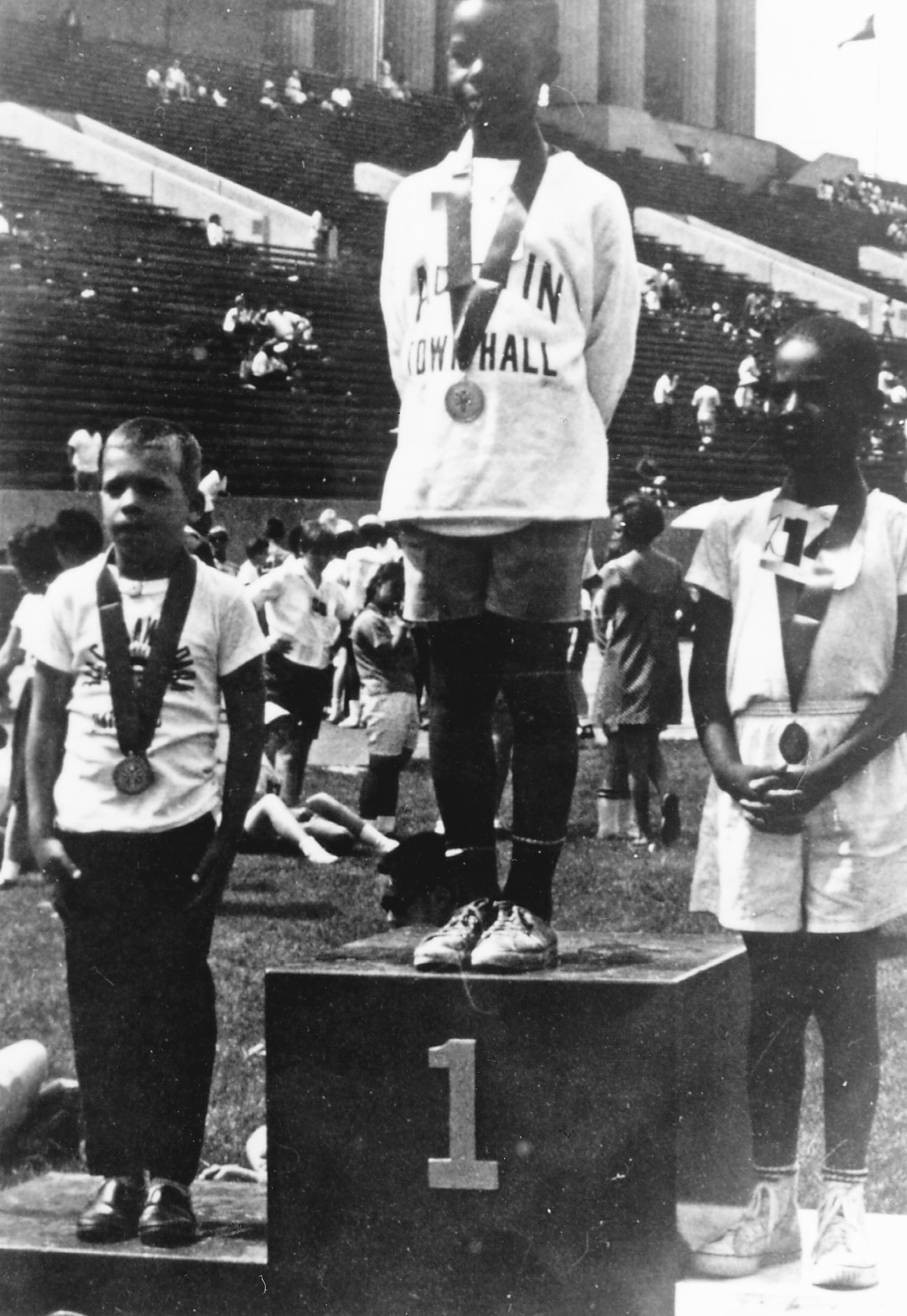
It was on this day, July 20, in 1968, that the first International Special Olympics Summer Games were held in Chicago. The event, conceived by Eunice Kennedy Shriver, had been years in the making. As TIME explained in Shriver’s 2009 obituary:
The middle child of nine, Shriver grew up in the shadow of Rosemary, the “mildly retarded” sister who loved to play but couldn’t keep up. When Rosemary was 23, she had a prefrontal lobotomy; from that point on, she spent most of her life in an institution. Shriver deplored the practice of keeping people with mental disabilities sedentary lest they injure themselves; of keeping their very existence a secret, as her family had hidden Rosemary.
In 1962, Shriver used money from their parents’ foundation to fund her vision for empowering the mentally disabled. What began as a summer camp in her Maryland backyard evolved into the Special Olympics, a competition that now attracts 1 million athletes from 160 countries. “She set out to change the world and to change us,” her family said in a statement when she died, “and she did that and more.”
The first Special Olympics hosted 1,000 athletes from the U.S. and Canada. In the years that followed, the event achieved greater recognition from the Olympic Committee and from athletes and advocates around the world, and it expanded to include winter events as well. By 2006, by the sponsoring organization’s official count, there were 2.5 million participating Special Olympics athletes worldwide.
Read a 1987 report from the Special Olympics, here in the TIME Vault: Heroism, Hugs and Laughter
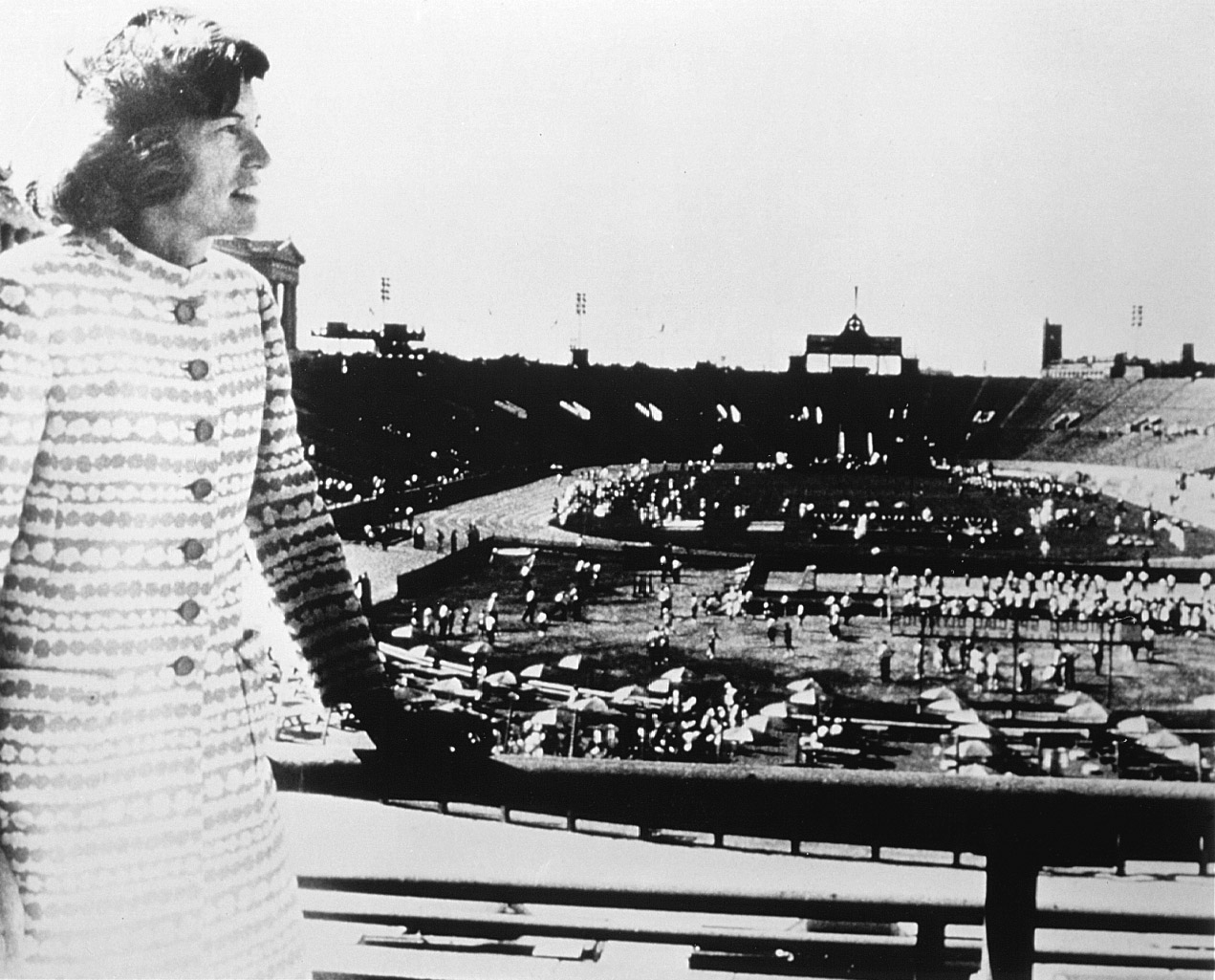
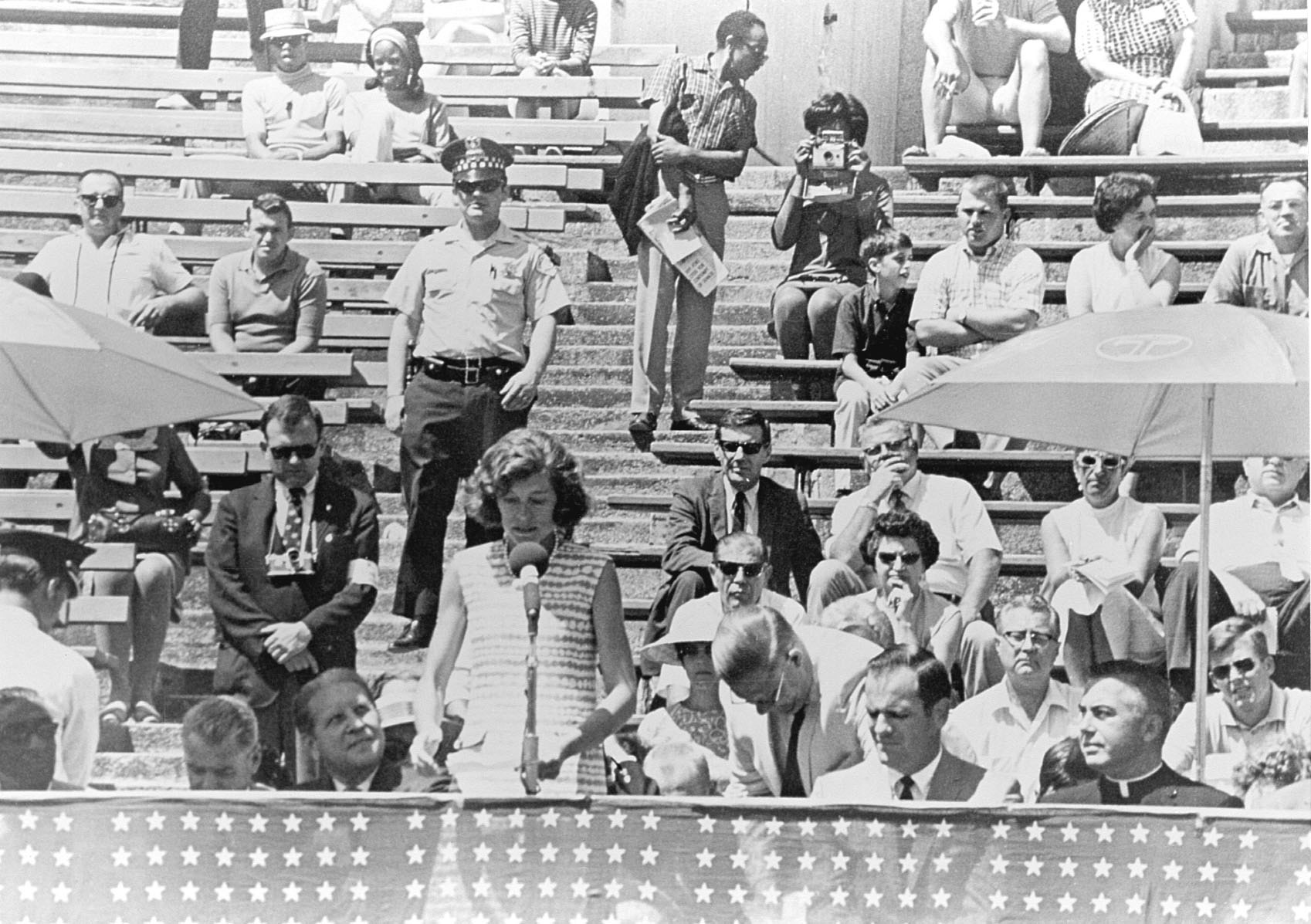
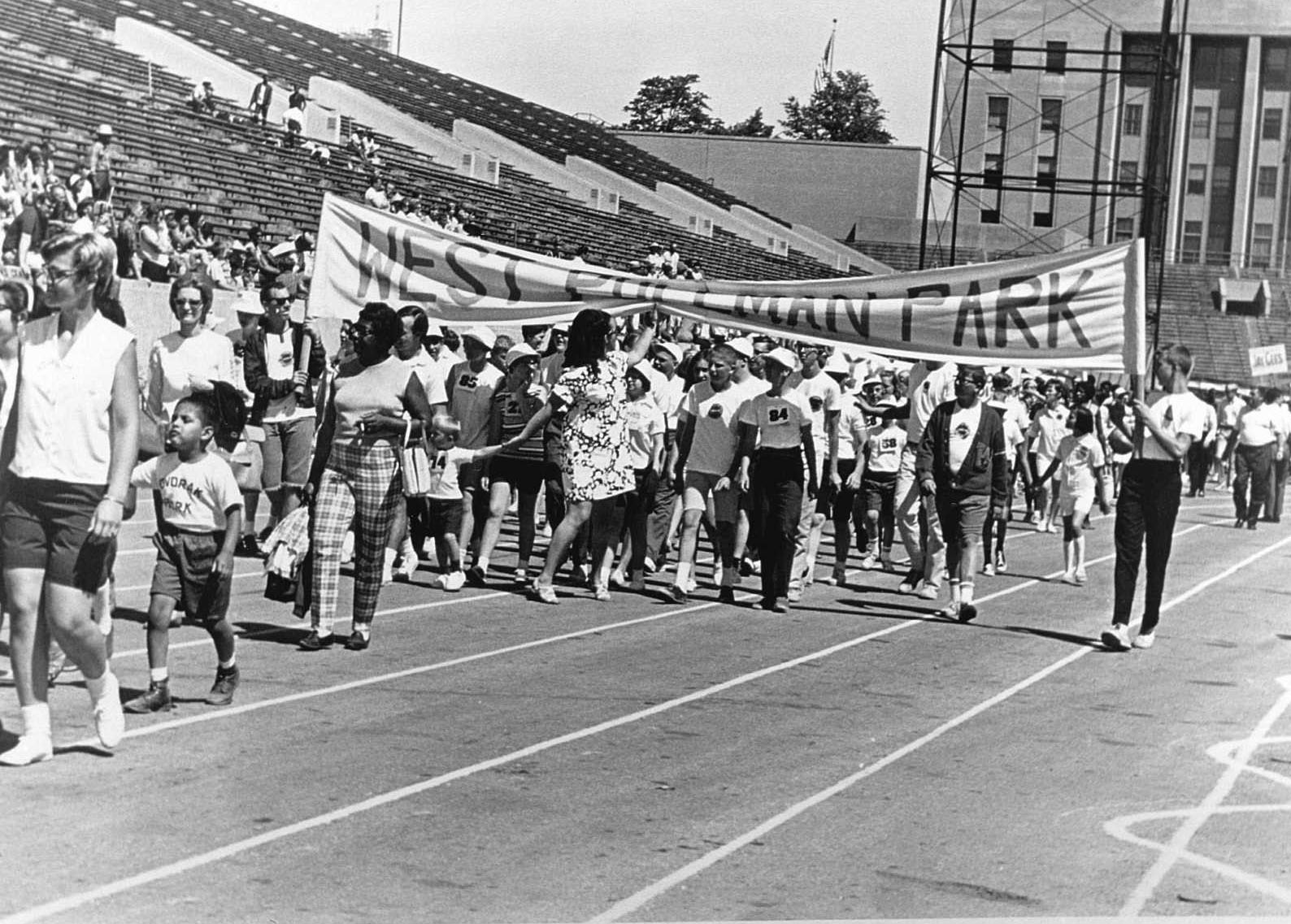
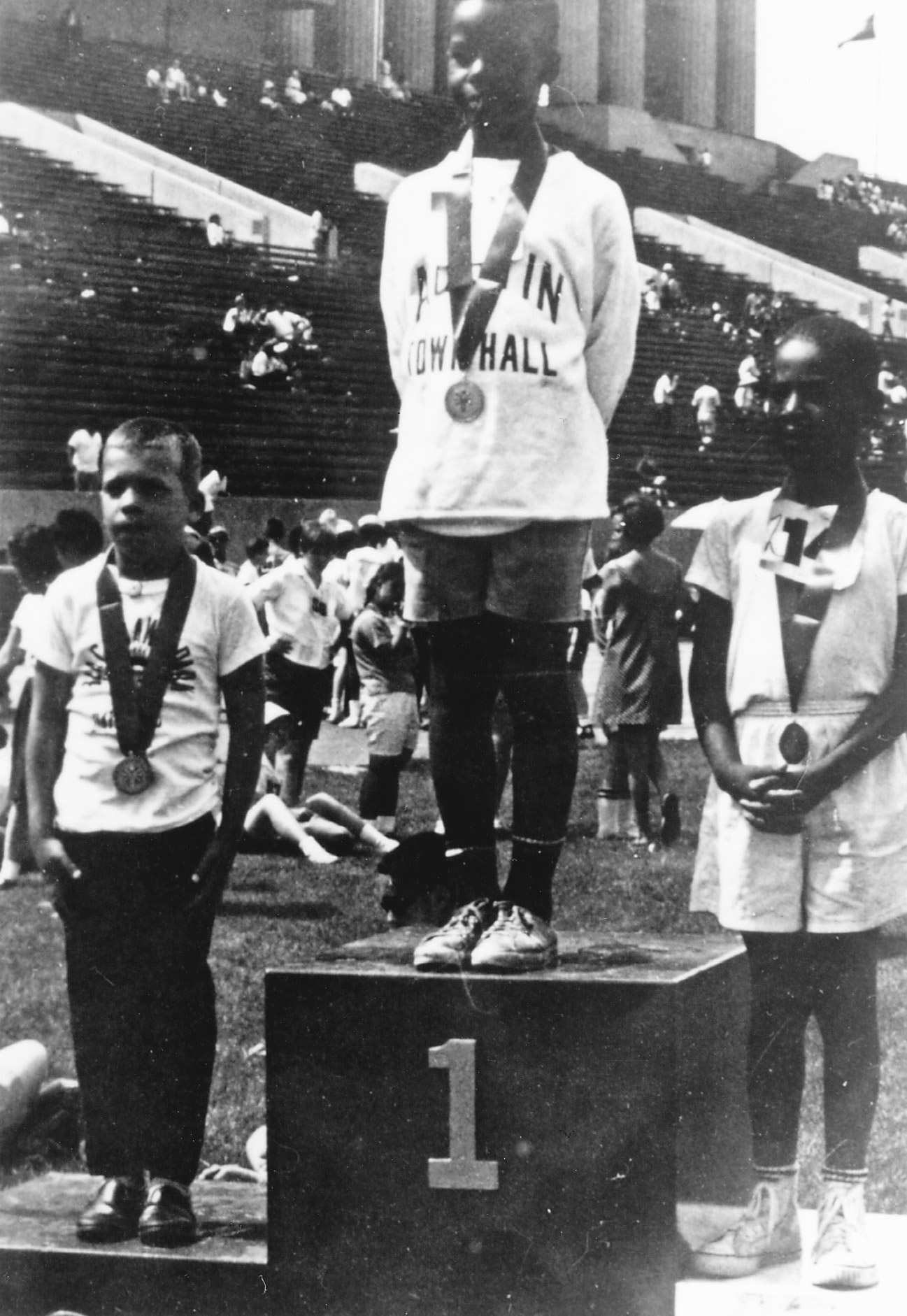
More Must-Reads from TIME
- Donald Trump Is TIME's 2024 Person of the Year
- Why We Chose Trump as Person of the Year
- Is Intermittent Fasting Good or Bad for You?
- The 100 Must-Read Books of 2024
- The 20 Best Christmas TV Episodes
- Column: If Optimism Feels Ridiculous Now, Try Hope
- The Future of Climate Action Is Trade Policy
- Merle Bombardieri Is Helping People Make the Baby Decision
Write to Lily Rothman at lily.rothman@time.com